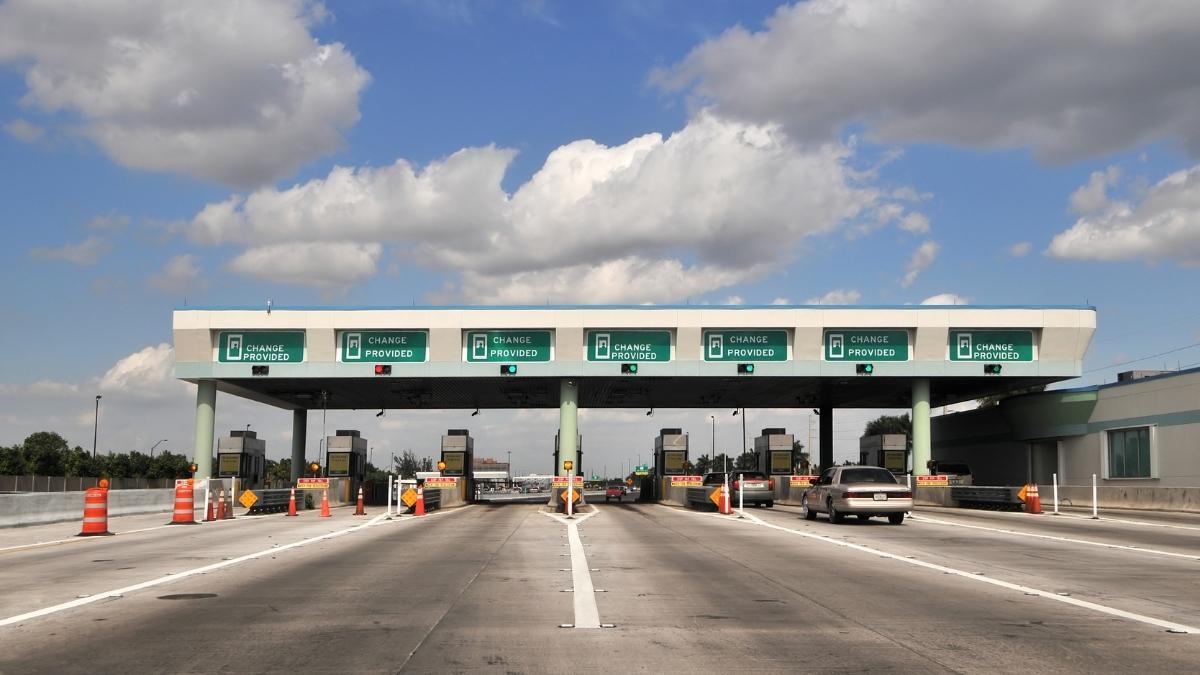Explained! When is it legal not to pay toll tax in India?

The NHAI issued new rules in May 2021, requiring toll operators to guarantee that the service time per vehicle is less than 10 seconds
Before the year 2021, there were frequent rumours on social media sites about certain conditions where it was not binding upon a driver to pay the toll tax on a highway in India. However, things have become clearer with the Union Ministry of Road Transport and Highways and the National Highway Authority of India (NHAI) coming out with certain guidelines regarding the same.
In May 2021, the NHAI introduced fresh guidelines under which toll operators have to ensure the service time per vehicle is not more than 10 seconds.
What do the NHAI guidelines specify about toll tax exemption?
The revised guidelines from the NHAI specify that
- There should be no more than 10 seconds of service time per vehicle at toll plazas to ensure minimal waiting time. If a four-wheeler vehicle waits more than 10 seconds at the toll booth, then they will be exempted from making the tax payment. The rule is applicable even during peak hours at toll plazas to ensure the smooth passage of vehicles.
- There should be a seamless flow of traffic at toll plazas to enable the prevention of vehicles queuing up within more than a hundred metres of the toll plaza. Toll plazas have been instructed to draw a yellow line 100 metres before the booth entry. If a vehicle is in the queue outside the yellow line, the same will be allowed to pass without paying a toll.
What if the toll plaza employee disregards the new rules?
If the toll plaza employee fails to ensure compliance with the new rules and asks you to pay the toll tax despite being stuck in a queue outside the yellow line, then there is a mechanism in place to address your grievance.
The NHAI has provided a 24x7 helpline, which is accessible by dialling 1033. By contacting the helpline, one can ask for a refund of his toll tax if he/she believes that the same was charged to him in violation of the new guidelines.
However, the helpline is not to be misused as the refund is processed only after the grievance is verified by seeking details of the toll gate and cross-checking the complaint with the toll gate’s CCTV footage.
What prompted these revised toll exemption rules?
The new toll exemption rules were issued for a multitude of reasons. However, the primary reason was to ensure a smooth passage of vehicles through the toll plazas by speeding up the use of FASTags and making the employees at the toll plazas efficient in the collection of the toll tax.
There have even been claims that at present, there is no waiting time at the toll plazas, especially because most of the vehicle owners have switched to FASTags.
10-second waiting time rule meaningless for FASTag users?
The new rule is only to work for those making the payments by cash or whose FASTag is out of balance.
The toll tax amount is immediately deducted as soon as their vehicle approaches the toll window for individuals who have switched to FASTag and have kept an active balance in the system.
In addition, unlike those who must pay with cash, FASTag cars have their own lane in a toll plaza, ensuring that their progress is quick and seamless.
However, it is unclear how a FASTag user would be excused from paying the toll if they been had delayed by more than 10 seconds.
https://www.digpu.com/travel-with-digpu/explained-when-is-it-legal-not-to-pay-toll-tax-in-india
Comments
Post a Comment